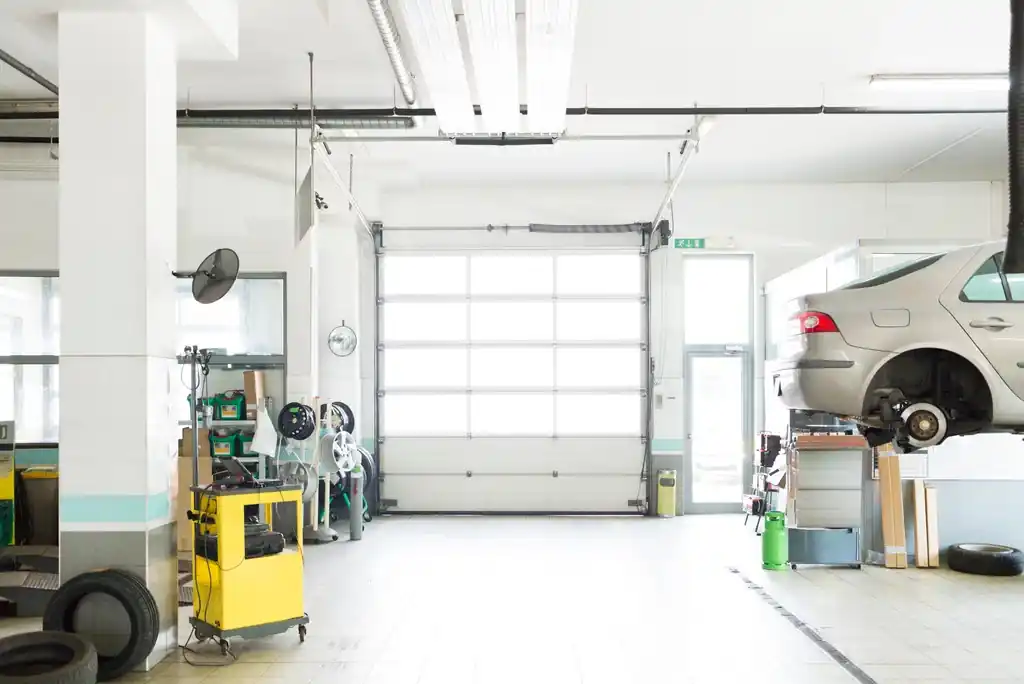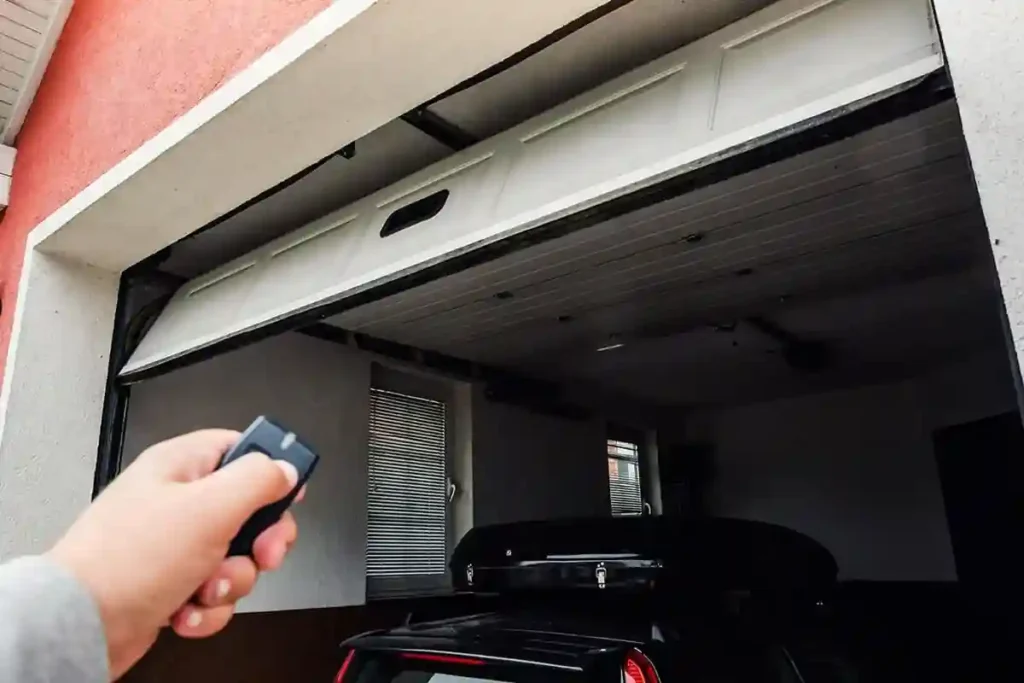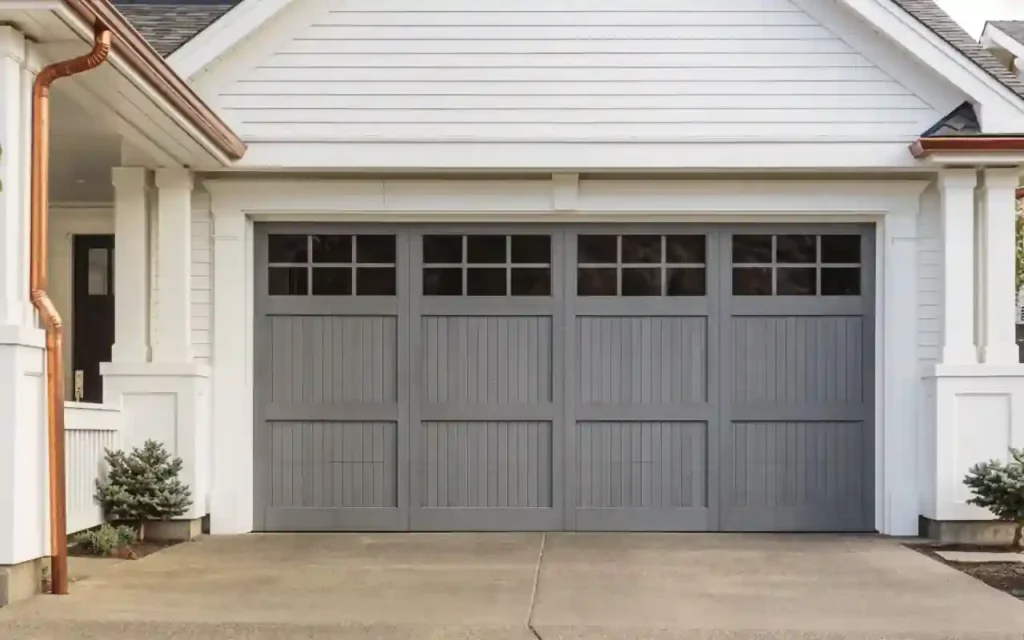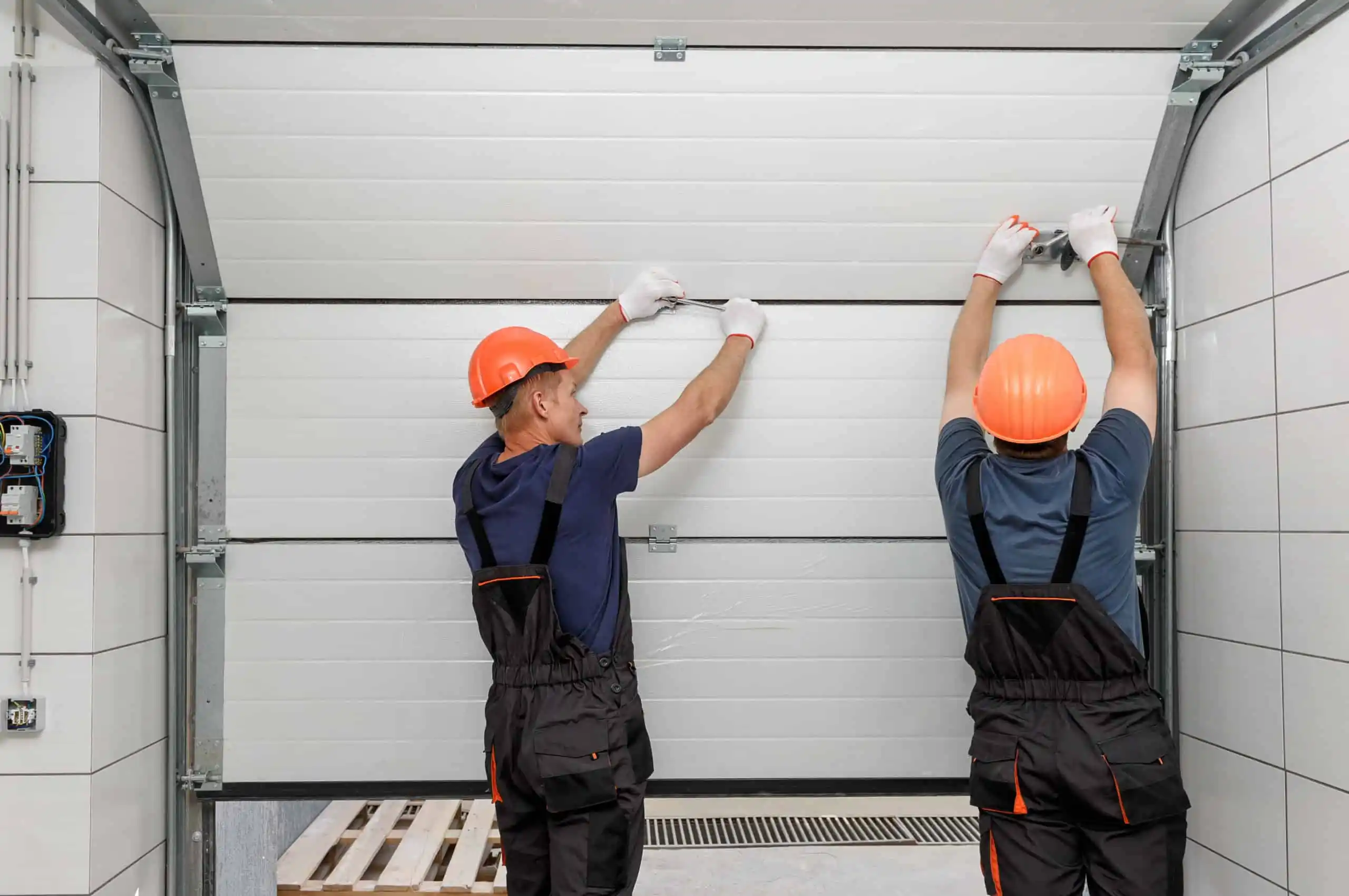There’s a specific kind of frustration that hits when your garage door decides to act up at the worst possible time. Like, right when you’re rushing out for work. Or coming back from a trip. Or worse—when it’s pouring rain and all you want is to get inside without getting soaked. Emergency garage door repair? Yeah, it’s real. And if you’ve never needed it, honestly, you’re lucky.
Exploring Emergency Garage Door Repair

Let’s talk about the not-so-subtle red flags that something’s off with your garage door. Because sometimes it whispers before it screams.
1. Your Garage Door Just… Won’t Open (Or Close)

You’re standing there, remote in hand, pressing the button like it owes you money. Nothing. Maybe it hums. Maybe it clicks. But move? Nope.
This is probably the most obvious and annoying sign that something’s gone sideways with your garage door system. A garage door opener that’s unresponsive could mean anything from a broken drive gear to fried electronics, or even a misaligned sensor. It could be something simple—like the wall button being disconnected—or something much worse, like a full-on motor failure.
Honestly, if you’ve already checked the power and there’s no visible obstruction on the safety sensors, it might be time to call in a professional garage door technician. Trying to force it? Bad idea. That’s how people end up with a broken garage… and a pulled muscle.
2. It’s Stuck. Like, Physically Stuck.
Okay, maybe the opener is fine, but the door just won’t budge. Or maybe it moves halfway and then… freezes.
This could be due to worn rollers, frayed garage door cables, or a misaligned track that’s catching somewhere. A lot of residential garage doors run smoothly until something small throws the balance off. And then boom—your door is jammed and you’re late for work.
If you’re noticing any resistance or weird grinding noises, don’t ignore them. They’re trying to tell you something. Sometimes it’s the springs. Sometimes it’s a bent track. Either way, forcing it is only going to make the garage door repair bill higher later.
3. Strange Noises That Make You Raise an Eyebrow
Garage doors aren’t supposed to sound like a haunted amusement park. But if you’re hearing grinding, popping, scraping, or squealing, well…
- Grinding = maybe a misaligned track or worn rollers.
- Squealing = probably needs lubrication or roller replacement.
- Popping = your springs are warning you.
Weird sounds are one of those garage door issues that creep up slowly. You hear them a couple times, shrug it off, then suddenly you’re dealing with a stuck garage and an urgent call to a 24-hour emergency garage door repair service. Regular maintenance could’ve caught it, sure, but life happens.
4. The Remote or Wall Button Isn’t Working

So your garage door remote control worked fine yesterday, but today? Nothing.
This one’s tricky because the problem might not be your garage door at all. It could be dead batteries. Or maybe your neighbor just installed a wireless device that’s messing with your signal. Or, yep—it could be that your garage door opener’s receiver is starting to fail.
Try reprogramming the remote. Maybe swap the batteries. But if the wall button doesn’t work either, we’re likely dealing with something electrical. Garage door opener repair is a job best left to qualified professionals because, you know, electricity + frustration = not a fun combo.
5. Broken Springs or Cables
Springs snap. Cables fray. It’s part of a garage door’s life cycle.
But when it happens, it can be dangerous. A broken spring can turn your daily routine upside down. And if a cable snap mid-movement, it could lead to serious property damage—or worse.
Most of us don’t inspect our garage door springs regularly (who does?), but if you hear a loud bang and then the door won’t open properly, check the springs. Carefully. And from a safe distance. Emergency garage door spring repair is not a DIY moment.
6. Your Door Looks… Off

This one’s subtle. Maybe it tilts slightly when closing. Or you notice it’s shaking more than usual. It could even be that one side seems to drop faster than the other.
That’s a misalignment. Or possibly a worn-out part throwing the system off balance.
The point is: your garage door should move with smooth operation. Any visible sagging, uneven movement, or wobbling means your garage door system is struggling. Let a garage door company take a look before it becomes a full-blown emergency garage.
7. Security Concerns or Visible Damage
A broken panel. A bent hinge. Exposed rollers. Maybe a storm blew something heavy into the door. Or your teenager tried to back out without opening it all the way (yep, that happens).
A damaged door isn’t just a curb appeal issue—it’s a security risk. It’s easier to force open. It might not lock properly. And it makes the entire garage door system vulnerable.
Especially in commercial garage settings, where any downtime messes with business hours, emergency repairs become non-negotiable. Whether it’s for residential peace of mind or keeping a business on schedule, fast and reliable service matters.
Pro Tip: Don’t Wait for Total Failure
Minor issues turn into major repairs. A frayed cable today is a snapped one tomorrow. A noisy opener now might go completely silent by next week. Routine maintenance sounds boring, but it’s your best shot at avoiding the cost of garage door disasters.
Set a reminder for an annual garage door tune-up. Let a garage door specialist team check the cables, rollers, alignment, and opener. It’s a simple step that gives you peace of mind knowing you won’t be calling for emergency services on a Sunday night.
Final Thoughts
Need emergency garage door repair today? Don’t wait until it’s worse. Trust skilled technicians to give your garage the quick work and quality service it deserves. Better a same-day repair than a total breakdown, right?
Frequently Asked Questions
1. What’s considered a garage door emergency anyway?
If your door won’t open or close and it’s messing with your routine—or your security—it’s an emergency. Especially if it’s stuck open overnight.
2. Can I fix a broken garage door spring myself?
Honestly? Don’t. It’s super dangerous. That tension can whip back and cause serious injury.
3. My garage door is making a loud grinding noise—should I be worried?
Yeah, probably. Grinding usually means something’s misaligned or worn out. Get it checked.
4. Is emergency garage door repair really available 24/7?
With most professional garage services, yes. Some offer true 24-hour garage door repair. Others? Well… check before assuming.
5. How much does an emergency garage repair usually cost?
It varies. You’ll pay more after hours or on weekends. But the exact price depends on what’s broken.
6. What if the remote works but the wall button doesn’t?
Could be a wiring issue. Or the wall unit itself is fried. Either way, you’ll want a service tech to peek inside.
7. Should I be doing regular garage door maintenance?
Totally. A quick check every few months and annual professional inspections help prevent surprise issues.
8. Can I use my garage door if one spring is broken but the other looks fine?
Not safely. The door will be unbalanced and strain everything else. It’s not worth the risk.
9. How long do garage door springs last anyway?
Depends on usage, but usually 7–10 years. Less if it’s a high-traffic door.
10. Can a garage door issue really affect my home’s security?
Absolutely. A damaged or inoperable door can be an easy entry point for intruders. Get it fixed fast.

